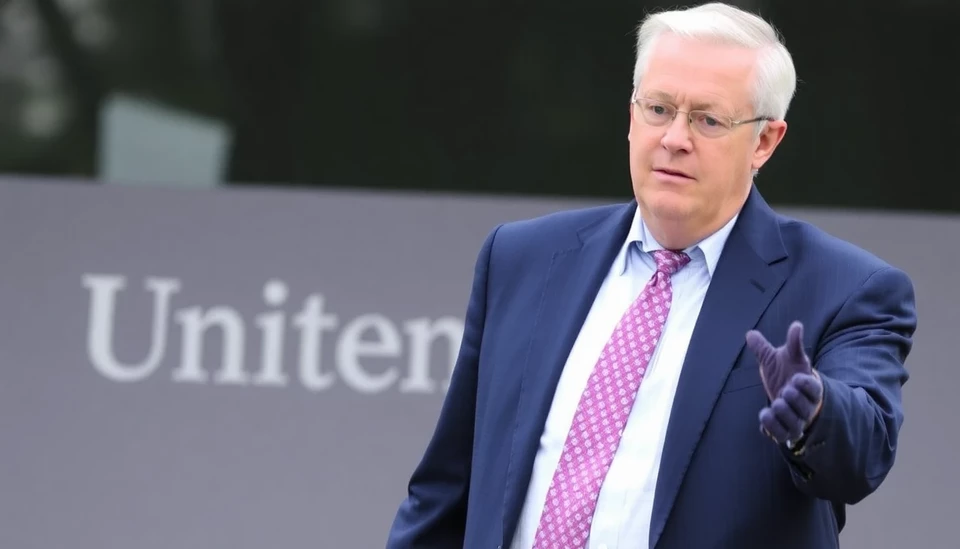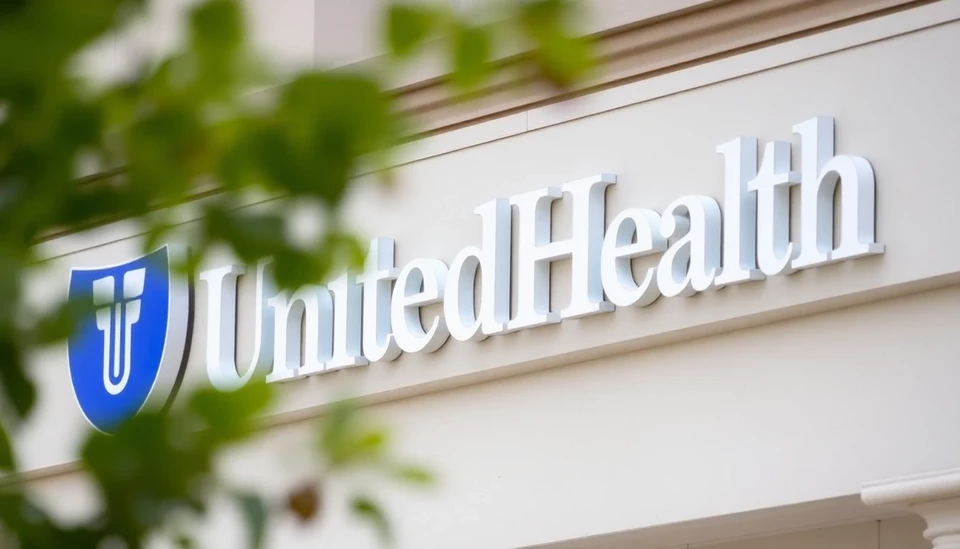
In a recent twist involving notable investor Bill Ackman, UnitedHealth Group has formally expressed concerns to the Securities and Exchange Commission (SEC) regarding statements made by Ackman pertaining to the company’s profits. This unexpected move has sparked significant discussions about corporate governance and the role of influential investors in shaping public perception and stock performance.
Bill Ackman, known for his high-profile investments and candid remarks, brought attention to UnitedHealth’s financial performance through a social media post. He indicated that the health insurance giant was expected to report exceptional profits for the upcoming quarter, triggering a wave of speculation regarding the sustainability of such profitability in a complex market environment.
In their communication to the SEC, UnitedHealth emphasized the potential risks associated with Ackman’s statements. The company articulated concerns that public perceptions surrounding these claims could materially impact its stock price and provoke regulatory scrutiny. The firm argued that uninformed commentary could mislead investors and destabilize an otherwise stable financial landscape. This is particularly significant considering the volatile nature of healthcare stocks, which are influenced by a myriad of factors, including regulatory changes, public health trends, and economic conditions.
As a response to Ackman’s assertions, UnitedHealth is keen to ensure that all projections about its earnings and performance are grounded in verifiable data and contextualized within broader market trends. Notably, the firm has been navigating increased operational costs and fierce competition, elements that Ackman may have overlooked in his commentary.
The dialogue between UnitedHealth and the SEC highlights the delicate interplay between influential investors and corporate entities. Large-scale investors like Ackman wield considerable power in the financial markets, and their opinions can sway investor sentiments. The SEC’s role here becomes crucial, as it is tasked with upholding fair practices and transparency within the market. The outcome of this engagement may set a precedent regarding the responsibilities of influencers in communicating corporate performance narratives.
This situation also sheds light on the larger conversation about corporate accountability and transparency in financial disclosures. UnitedHealth, along with other companies, is under the microscope to provide clear and accurate information to all stakeholders, ensuring that no one is misled by speculative or overly optimistic assertions.
As the developments unfold, stakeholders will be watching closely how both UnitedHealth and the SEC will navigate this complex interaction. The insights gleaned from this case could have implications for how corporations manage public relations regarding earnings and how influential investors frame their commentary in responsibly guiding market perceptions.
In a climate increasingly focused on ethical standards and accountability, the actions taken in this instance may pave the way for future regulations surrounding investor communications and corporate disclosures.
As of now, the market continues to process these developments with keen interest, mindful of how they may affect not just UnitedHealth, but possibly set standards for investor relations across the healthcare sector and beyond.
#UnitedHealth #BillAckman #SEC #Profits #HealthcareStocks #InvestorRelations #CorporateGovernance #MarketDynamics
Author: Samuel Brooks




